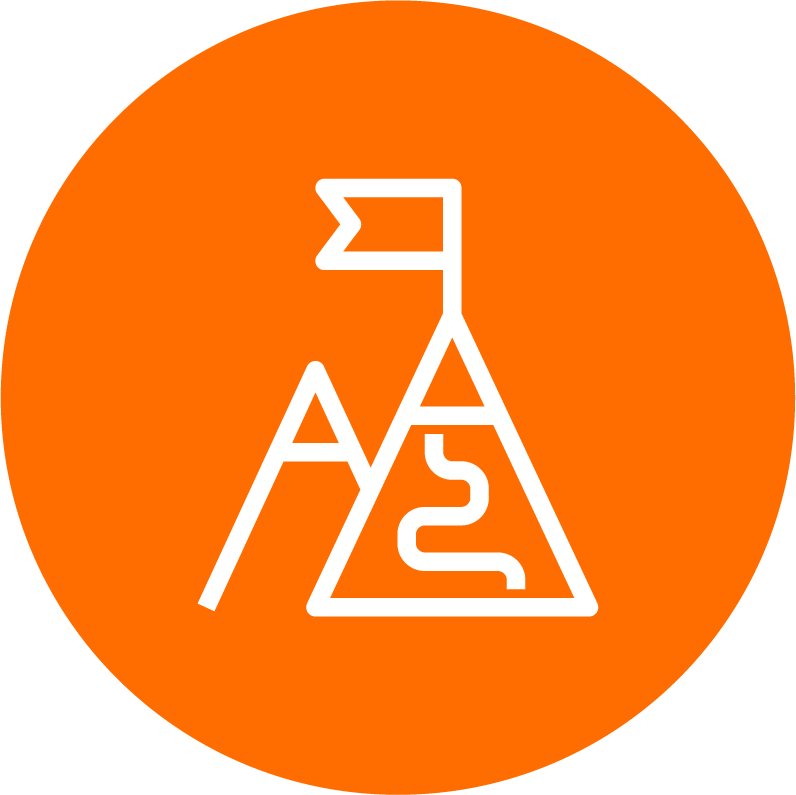Case Study
Medical College of Wisconsin Leverages the TriNetX Platform to Win Grant to Study Outcomes and Risk Factors for Sickle Cell Disease Patients with COVID-19

Investigator
Dr. Ashima Singh, Assistant Professor, Department of Pediatric Hematology Oncology BMT Division

Challenge
Access large data set of patients with sickle cell disease for study of impact of COVID-19 on embolism rates

Solution
Dr. Singh leveraged the TriNetX platform to obtain real-world data to validate study feasibility and earn a grant from the MCW Children’s Research Institute

Results
Thanks to the TriNetX platform, Dr. Singh and team were awarded a pilot grant that will hopefully be expanded in the future for further studies on the topic
COVID-19 caused or exacerbated negative health outcomes for many people, especially for those with pre-existing comorbidities. Sickle cell disease (SCD) is a rare genetic condition that primarily occurs among African Americans in the United States. At the time the pandemic started, there were a lot of unknowns. One, there was limited knowledge regarding how COVID-19 impacted individuals with SCD compared to those who do not have SCD or sickle cell trait.
Also, prior studies show that individuals with SCD have a higher risk of thrombosis. Some observations indicated that COVID-19 increases the risk of clotting and thrombosis, but more research was necessary to specifically define the impact of the virus on the population of SCD.
“We didn’t know how COVID-19 impacts individuals with SCD compared to those who do not have SCD or if COVID-19 further exacerbates the already high risk of thrombosis in the sickle cell disease population,” said Dr. Ashima Singh, Assistant Professor in the Department of Pediatrics Hematology at the Medical College of Wisconsin’s (MCW) Institute of Health and Equity.
To help conduct the research needed to develop conclusive answers, the Institute leveraged the TriNetX platform to win a grant from the Children’s Research Institute at MCW.
Research With a Focus on Rare Disease, Diverse Patient Populations
Dr. Singh has a PhD in Epidemiology and an MS in Biomedical Informatics, and her broad research interest involves knowledge discovery through real-world data (RWD).
“I’m interested in understanding healthcare service utilization and clinical and patient-reported outcomes with sickle cell disease, a rare condition that predominantly occurs among African Americans,” said Dr. Singh. “That’s why a source of real-world data like TriNetX is ideal because of its conglomeration of patient data from many institutions. It provides the big data necessary to really help understand this population.”
Dr. Singh decided to pursue a grant that would help launch what will hopefully be an extended research project on the subject.
“The specific aims of the grant include understanding COVID-19 outcomes and also the prevalence of frequency of disease-related complications in children with sickle cell,” said Dr. Singh. “The success measures for the grant would be publications of results and preparation for further study since this is a pilot grant with the understanding that we can expand to a larger grant down the road.”
TriNetX Platform Key to Grant Award
“The TriNetX platform allowed us to get the numbers of patients we needed to show that it would be feasible to achieve the specific aims we were targeting,” said Dr. Singh. “We were able to quickly assemble the demographics of the populations of interest. We didn’t have much time to churn out the data. It would have been a great deal more difficult to come up with the data we needed or prospectively collect data to win the grant and do this study without TriNetX.”
“Sickle cell disease occurs predominantly in African Americans,” she continued. “So by definition the population of interest consisted of minorities and the strength of TriNetX is being able to access a large number of patients with sickle cell disease, much larger that we would have been able to get from just a single institution or an EHR review.”
“I have some experience with a few other platforms, but the TriNetX platform is very useful for researchers to look at preliminary patient data to determine the feasibility of the study,” said Dr. Singh. “That type of data is not as readily available with some of the other networks I have worked with. And it’s not just the availability of data, it’s also the ease of working with that data on the TriNetX platform.”
Dr. Singh and her team have presented the study abstract and data at the American Society of Hematology and published the final manuscript in the August 2022 printing of Blood Advances: “COVID-19 and venous thromboembolism risk in patients with sickle cell disease”.
“We are looking at the same data source to determine the risk of thromboembolisms among individuals with SCD who have COVID-19,” said Dr. Singh. “In the current study we are comparing embolism rates among patients hospitalized for sickle cell disease and COVID-19 compared with those who are hospitalized for other causes and do not have COVID-19.”
MCW excited by use of TriNetX platform
MCW’s Biomedical Informatics team was an early adopter of the TriNetX platform and brought it to the organization through the Clinical & Translational Science Institute of Southeastern Wisconsin (CTSI) whose regional hub is at MCW. CTSI promotes TriNetX to its members as a valuable cohort discovery and analytics tool to facilitate research projects. The team at MCW believes other researchers can benefit from the use of the TriNetX platform.
“Using the TriNetX platform for feasibility and then leveraging the data to pursue grant funding is something that we are really excited about,” said Kristen Osinski, Business Analyst, Biomedical Informatics, CTSI at MCW. “We hope to expand the community of CTSI researchers interested in TriNetX as a data toolset because it can provide easy access to real-world data to facilitate and accelerate research across many health care, public health and basic science disciplines.”

“The platform is particularly important when studying rare diseases like sickle cell,” Dr. Singh summed up. “These diseases are typically difficult to understand based on the small numbers of patients involved. But having a large data network like TriNetX to study rare conditions is very much needed and should be leveraged so the individuals with those conditions don’t go unrecognized or have a lack of understanding of what can be done to improve their outcomes.”
To learn more about TriNetX, email us at join@trinetx.com

